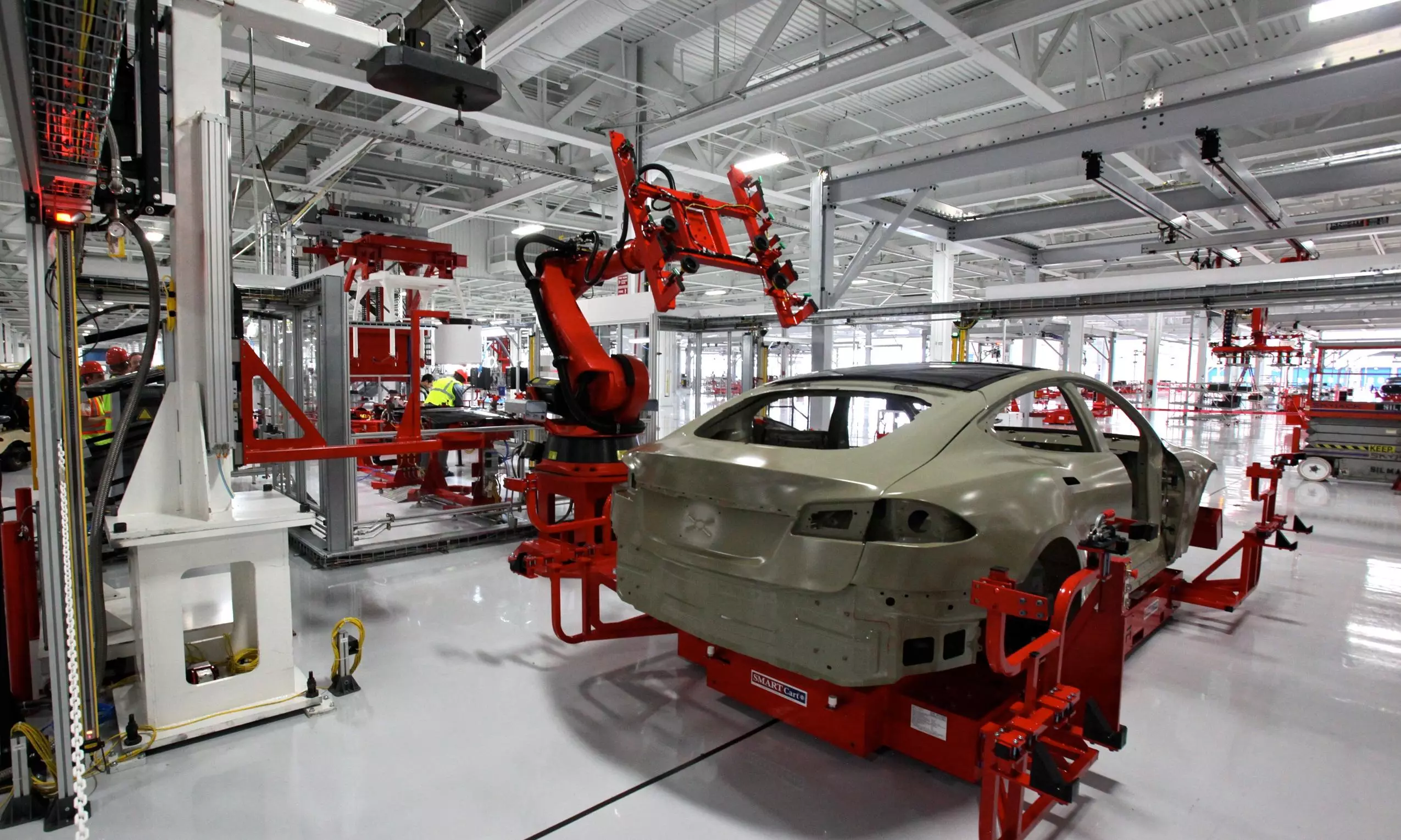India Gears Up for Trump 2.0

New Delhi: As India awaits the return of Donald Trump, it is simultaneously gearing up to address key issues in its relationship with the United States. These challenges include revised immigration policies leading to stricter H1-B visa regulations, increased trade protectionism, and higher tariffs. However, Trump's leadership could also create opportunities, particularly as his hawkish stance against China may attract new American businesses to India. Notably, Elon Musk, a prominent Trump supporter, is already planning significant investments across various sectors in India, with more companies expected to follow suit. Experts believe that Trump's comeback could stabilise the market and potentially reverse the recent outflows by Foreign Institutional Investors (FIIs).
During his election campaigns, Trump pledged to boost economic activities, encourage domestic production to reduce import dependency, and create jobs under the banner of "Make America Great Again." Interestingly, Indian Prime Minister Narendra Modi’s policies mirror these objectives through the "Make in India" initiative, which aims to transform India into a major manufacturing hub, create jobs, reduce imports — especially in the defense sector — and increase exports. Despite these efforts, India is expected to continue purchasing defence and aviation equipment from the US, and there are technological solutions from the US to meet India’s clean energy needs.
A report from market research firm Nomura suggests that despite Trump's tough stance on trade, his potential victory could benefit India. The report notes that India's trade surplus with the US might draw scrutiny, and the new administration may implement punitive measures against trading partners perceived to be artificially devaluing their currencies.
“Within Asia, we expect winners and losers. China could be most adversely impacted due to its direct confrontation with the US on multiple fronts. Highly open economies such as Hong Kong, Singapore, and South Korea might also face negative impacts. On the other hand, India and parts of Southeast Asia may benefit from new growth opportunities created by the reconfiguration and diversification of global value chains,” Nomura stated.
Trump’s re-entry is expected to foster greater economic partnerships and collaborations between US and Indian companies. In the IT sector, companies like Google, Facebook, and Amazon are performing well in India, generating billions of dollars for the US. However, Trump’s firm stance on tariffs could pose challenges for India. During his campaigns, Trump indicated plans to impose an across-the-board tariff of 10 per cent to 20 per cent on all imports into the US, with threats to increase tariffs on Chinese imports to 60 per cent.
Trump believes these measures will boost manufacturing and job creation while providing funds for his policy initiatives, such as tax cuts. His aggressive approach toward China is likely to benefit India, as the US may seek to reduce reliance on Chinese manufacturing and shift supply chains to India and other countries. However, a stringent tariff regime could adversely affect Indian exporters, who would face higher customs duties, particularly in the pharmaceutical, textiles, automobile, and IT sectors. During his previous tenure, Trump labelled India a "tariff king" and criticised its tax rates as excessively high, even calling India a “tariff abuser.” The Trump administration removed India from the list of countries with a trade advantage under the Generalised System of Preference (GSP) and imposed tariffs on steel and aluminum. In response, India imposed retaliatory tariffs on several US products in 2019 after the US denied exemptions. A new universal tariff by the US could invite further retaliatory measures from countries, including India.
During his last election campaign, Trump reiterated his criticism of India’s high taxes on certain American products, such as Harley-Davidson motorcycles, and threatened to impose reciprocal tariffs if re-elected. Another major concern is Trump’s anti-immigration stance, which could impact the number of H1-B visas available to Indian IT professionals. There is a possibility that Trump may revise H1-B visa norms by reducing the number of visas, modifying the cap system, and prioritising candidates with advanced qualifications or specialised expertise. Currently, Indians account for almost 70 per cent of the total H1-B visas, predominantly in the IT sector.

